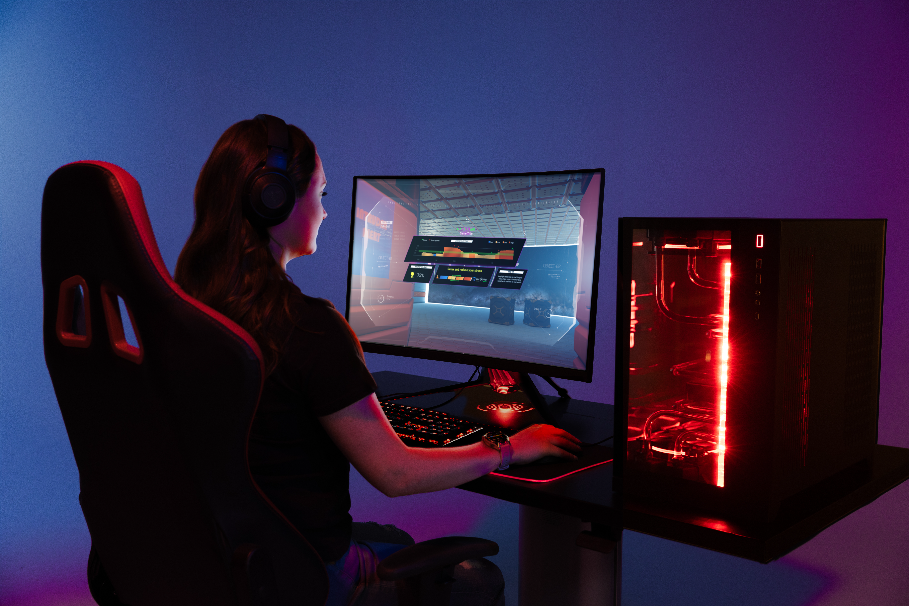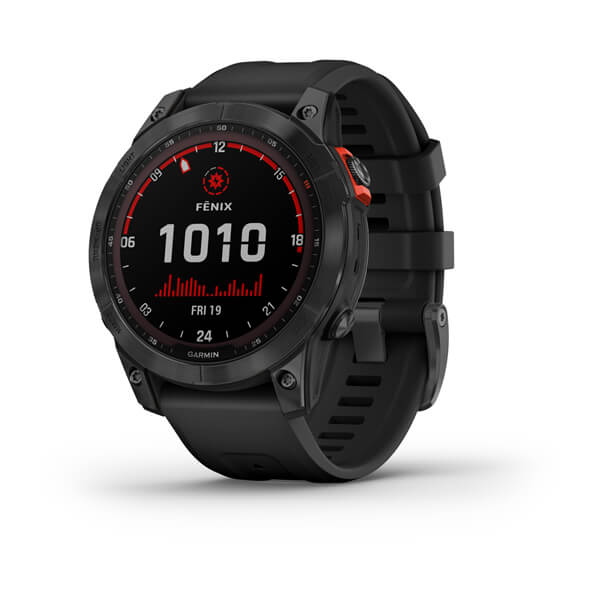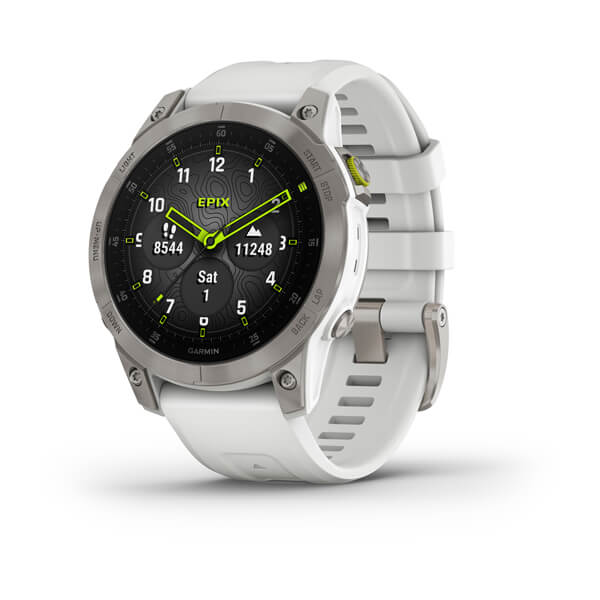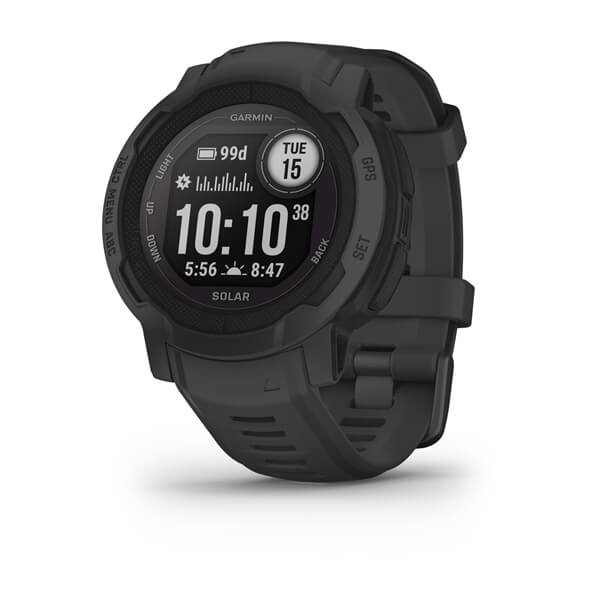
How to Help Improve Your Gaming Performance by Monitoring Your Body’s Metrics
It may not be as physical as running up and down a field, but that doesn’t mean your body isn’t reacting to the stressors of the virtual gaming world.
You do better when you feel better. It’s a refrain we hear often, beginning as early as elementary school when we start to hear about the importance of a good night’s sleep, a balanced breakfast and being in the right state of mind. And it’s perhaps truer for athletes than for anyone else — anytime short periods of competition are involved, you obviously want to be ready to deliver a peak performance. Many believe this is no different for gamers than it is for athletes. You don’t want to be the person who’s showed up after an all-nighter, either nervous with shaking hands or too tired to care, facing a team who’s uniformly well-rested.
You want to be the most mentally prepared person in the room, a gamer who is “in the zone,” delivering your best performance at just the right level of stress.
But now that our elementary days are behind us, we know it’s a little more complex than simply adhering to a strict bedtime. Your body gives you many signals to let you know how well it’s likely to perform at any given time — and Garmin smartwatches can measure many of them. Compatible Garmin watches even come equipped with a gaming activity feature to help you as you seek to optimize your performance with on-wrist health data, and the Garmin GameOn™ desktop app allows you to sync to your PC to view these health stats to see how your body is reacting before, during and after your matches.
But what metrics should you be paying attention to as (or before) you play? Keep reading to learn more.
Heart Rate
Garmin smartwatches measure and analyze your heart rate data1 to give you a real-time glimpse into how well your body is performing. An optical sensor in the back of your device measures your heart rate, or your pulse, to report how many beats per minute you are experiencing at any given time.
This is helpful during, before and after competing. If your heart rate is too high — or, alternately, too low — it could indicate that you aren’t in a position to perform as well as you might have. Your Garmin smartwatch will also measure HRV, or heart rate variability, to measure the length of time between one heartbeat to the next. Your heart rate and HRV data can be analyzed to reveal how well the sympathetic and parasympathetic branches of your nervous system are balancing. The sympathetic branch takes control during stressful moments, while the parasympathetic branch reigns supreme during restful times. An unexpected HRV can help you know when your body isn’t responding as desired to your environment — which in turn helps you adjust.
Stress
Powered by the Firstbeat Analytics™ engine, Garmin smartwatches also measure your stress levels on a scale from 0 to 100. How? It’s that nervous system again. It regulates your physiological systems to match the expected demands of your current environment. So if you’re in the heat of competition, it’s likely that your pulse is quickening, your blood vessels are dilating and adrenaline is flowing — and your Garmin smartwatch can pick up on this. If your stress levels are elevated at a time when your environment isn’t causing your heart to race — meaning no strenuous physical activity or no racing heart when you realize you’re this close to beating your opponent — it could be an indicator that your body isn’t achieving the rest it needs when you’re supposed to be in a state of relaxation. This may make it less likely that you’ll be well-rested and ready to perform in your next game.
The gaming activity feature specifically provides a suggested optimal stress zone to aim for as you play. It takes into account your average stress levels during winning matches (in other words, a time you’d like to replicate) to give you tips to achieve that same level — or improve it — in future competition. You’ll be able to see this on your paired computer screen to give you a glimpse of how your body is reacting during each pivotal moment — and during the more relaxing ones too.
Sleep
It all goes back to that elementary school teacher’s advice the night before a test — a good night’s sleep can work wonders in terms of performance levels the next day. It’s a little more complicated than when you went to bed and when your alarm went off, though. Your compatible Garmin smartwatch will give you an estimation of how much time you spent in each of the key sleep stages (light, deep, REM) as well as how much time you spent awake.
The times recorded for each stage are combined with information from your heart rate, heart rate variability, Pulse Ox2 and body movement data to assign a sleep score that helps you to measure the quality of your night’s rest. The more you wear your watch to sleep, the more data you’ll learn to help in adjusting what your body needs to get those quality z’s — which may lead to having a better chance of a successful competition the next day.
Body Battery
Garmin Body Battery™ is exactly what it sounds like — an estimation of your personal energy reserves at any given time throughout the day. Your Body Battery number is intended to be a reflection of your physical activity, stress, rest and sleep. Quality sleep, reasonable stress levels and a healthy amount of physical activity (and recovery) recorded by your Garmin smartwatch will lead to a good Body Battery score. An all-nighter or a day spent in stressful meetings may leave your score looking fairly low. The good news is that no matter how low your Body Battery dips — you can use it as a benchmark as you look to improve the next day. You can also use it as an indicator of how ready you are to perform a strenuous activity. If your Body Battery is in the 20s, now may not be the best time to take on your rival opponent. If you woke up that morning with a 93, we believe you’re a lot more likely to come out on top.
Worried about your Body Battery running out at an inopportune time? The game power feature is a smart break timer that will alert you when it determines it’s time to refuel or when you’re good to keep playing. As with your Body Battery, the higher your stress levels are, the quicker the timer will run out. When it goes off, odds are it’s time to take a break.
Still not convinced? In the spring of 2021, Garmin collaborated with Body Kitchen™ and EURONICS Gaming on the League of Legends Esports study. After analyzing performance data from esports athletes over a span of three months using the Garmin Connect™ Activity API, the study found that improved sleep, which led to a higher Body Battery, in turn increased player performance the following day. It also found that players have increased stress levels in the “Champ Select” phase before game, thus proving that your stress levels do begin to elevate before official play begins — and helping you to prepare accordingly.
To shop Garmin smartwatches with advanced body metric tracking and the gaming activity feature, click here.
1See Garmin.com/ataccuracy
2This is not a medical device and is not intended for use in the diagnosis or monitoring of any medical condition; see Garmin.com/ataccuracy. Pulse Ox is not available in all countries.







